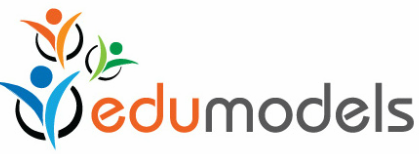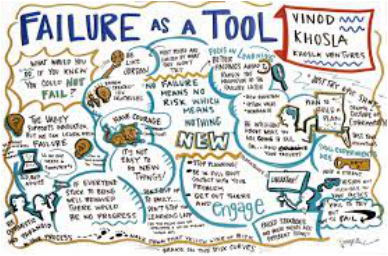|
Thanks to @SirKenRobinson for posting about this little gem of a film recently (full film here). The threats of imposing one system regardless of local tradition - what harm has already been caused by such "modern" education? On a deeper level, how will we work to prevent further cultural erosion through schooling? An impressive "cast" is featured in the film: Wade Davis (his site is worth checking out - fascinating photography), Vandana Shiva (heavy hitter in the activist world), Helena Norberg-Hodge, and Manish Jain, along with some beautiful footage from Ladakh. The film highlights how over 90% of students in Ladakh are deemed "failures" through school, and are not able to enter the global economic system as intended. Norberg-Hodge contrasts this with the struggle they face back home, and the value of ancient cultural knowledge: There is no doubt that traditional forms of knowledge fostered sustainability... once they have been educated in "modern" schools, they literally don't know how to survive in their own environment. It's high time we turned the tables - what can we learn from these ancient forms and systems? Davis provides excellent examples of how local systems of education shape important differences in people and how they relate to the earth; a warning not to keep pushing for universal, uniform education. He gives the example of a child raised in Colorado versus one raised in southern Peru under different systems of belief and knowledge. Say the child in Colorado is raised with the belief that the mountain is inert and waiting to be mined. This child will have a very different relationship to the earth than the child in Peru who believes that the mountain has an active spirit, and sees it as a protective force. In this case, one system clearly lends itself to resource misuse, and the other can help us move towards true sustainability. Finally, Vandana Shiva warns of the shift from valuing wisdom to valuing information that is impacting our development as people: We have moved from wisdom to knowledge, and now we are moving from knowledge to information, and that information is so partial that we are creating incomplete human beings. The film doesn't knock our systems of education entirely (but does come close!). It does provide a lot of food for thought and powerful critique, and re-inspires me in thinking about alternative models.
To see the whole film (64 minutes and entirely worth it!), and read some excellent posts, visit: www.schoolingtheworld.org
2 Comments
When I was in elementary school, I loved receiving little sticker stars when I did well on a math test or spelling bee. I was also shattered when I was told I was weak in spatial reasoning. But do gold stars and “Well done!” comments really help us learn? And how can we stop kids from giving up on ‘weak’ areas? Salman Khan, founder of the Khan Academy, recently posted an article about his son’s adventures with reading, and why he will never tell his son he is smart. Rather than congratulating him when he succeeds with words he already knows, Khan praises him when he struggles through a new word; when he perseveres. This approach that Khan is putting into practice, of rewarding persistence rather than right answers, reflects research from Stanford psychologist Carol Dweck. Dweck has studied the ‘growth mindset’ for decades and explains the difference between a growth mindset and an opposing fixed mindset: In a fixed mindset students believe their basic abilities, their intelligence, their talents, are just fixed traits. They have a certain amount and that's that, and then their goal becomes to look smart all the time and never look dumb. In a growth mindset students understand that their talents and abilities can be developed through effort, good teaching and persistence. They don't necessarily think everyone's the same or anyone can be Einstein, but they believe everyone can get smarter if they work at it. The idea, then, is to encourage students to keep at it with problem solving, to not give up, and to be allowed to really learn from mistakes rather than avoid them. This doesn’t sound much different than what creativity experts or entrepreneurs may tell us, as the infographic from Vinod Khosla (founder of Sun Microsystems) demonstrates above.
As straightforward and obvious as it may seem, many of us adults don’t really encourage a growth mindset in the feedback we give people. A couple examples from a fellow blogger: Just saying “Good job!” or “You don't know how to use semi-colons” isn’t as useful as more specific, growth oriented feedback. Instead, saying "I can really see effort in your revision" or "You haven't mastered semi-colons yet" encourage process and suggest growth and mastery. Apart from the fact that nobody really masters the use of semi-colons (The Oatmeal calls them "the most feared punctuation on earth"), encouraging this mindset does take more patience, and a bit more effort. In the long run though, we will have people more inclined to not give up on their learning - seems like a pretty good payoff to me. For now, I’m going back to my grade 3 self and telling her: “You haven’t mastered spatial reasoning… YET!” There is still hope! *Bonus* Tips from the Oatmeal on semi-colon use: http://theoatmeal.com/comics/semicolon |
Categories
All
AuthorA passionate educator.. on a quest for a schooling model to love! Archives
August 2017
|


 RSS Feed
RSS Feed
